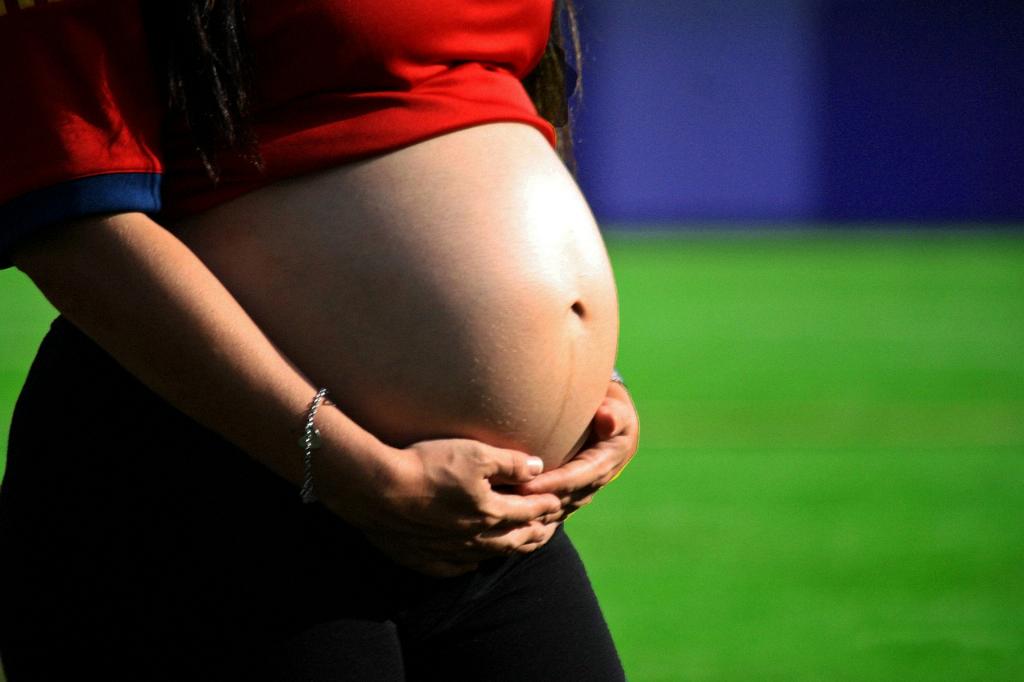When it comes to sex during pregnancy, there are certain circumstances where it may be advised to refrain from sexual activity. One crucial factor to consider is heavy bleeding. If you have experienced any significant bleeding during your pregnancy, it is essential to consult with your midwife or doctor before engaging in sexual intercourse.
Heavy bleeding can be a concerning issue as it may pose a risk of further bleeding if the placenta is low or if there is a hematoma present. In such cases, abstaining from sex is often recommended to prevent any complications or aggravation of the condition. Your healthcare provider will provide you with guidance based on your specific situation.
Another scenario where you may be advised to halt sexual activity during pregnancy is if you have been diagnosed with certain medical conditions that can be exacerbated by intercourse. Conditions such as placenta previa or cervical insufficiency may necessitate avoiding sex to prevent harm to you or the baby.
Furthermore, if you are at risk of preterm labor or have a history of premature birth, your healthcare provider may recommend refraining from sex to reduce the likelihood of triggering early labor. It’s crucial to follow your provider’s advice in such cases to prioritize the well-being of both you and your baby.
Additionally, if you have experienced any signs of infection or have been diagnosed with a sexually transmitted infection (STI) during pregnancy, it is essential to suspend sexual activity until the infection has been treated and cleared. Engaging in sex while having an infection can increase the risk of complications for you and your baby.
In cases where your water has broken prematurely, known as premature rupture of membranes (PROM), it is typically recommended to avoid sex to reduce the risk of introducing bacteria into the uterus, which could lead to infection. Your healthcare provider will guide you on the appropriate steps to take in such circumstances.
While some women may worry about harming the baby during intercourse, it is important to note that in a normal, healthy pregnancy, sex is generally considered safe. The baby is well protected within the uterus and is not at risk of being injured during sexual activity. However, it’s crucial to listen to your body and consult with your healthcare provider if you have any concerns.
Every pregnancy is unique, and what may be suitable for one woman may not be advisable for another. It’s essential to communicate openly with your healthcare provider about your concerns and any symptoms you may be experiencing to ensure that you are following the best course of action for your specific situation.
Remember that your healthcare provider is there to support you and provide guidance throughout your pregnancy journey. If you have any questions or uncertainties regarding sex during pregnancy, don’t hesitate to reach out to your provider for clarification and assistance. Your well-being and the health of your baby are the top priorities, so seeking professional advice is always recommended.
In conclusion, the decision to stop having sex during pregnancy should be based on individual circumstances and medical considerations. It’s crucial to prioritize your health and the well-being of your baby by following the recommendations of your healthcare provider. Open communication and seeking guidance when needed are key aspects of ensuring a safe and healthy pregnancy journey.

